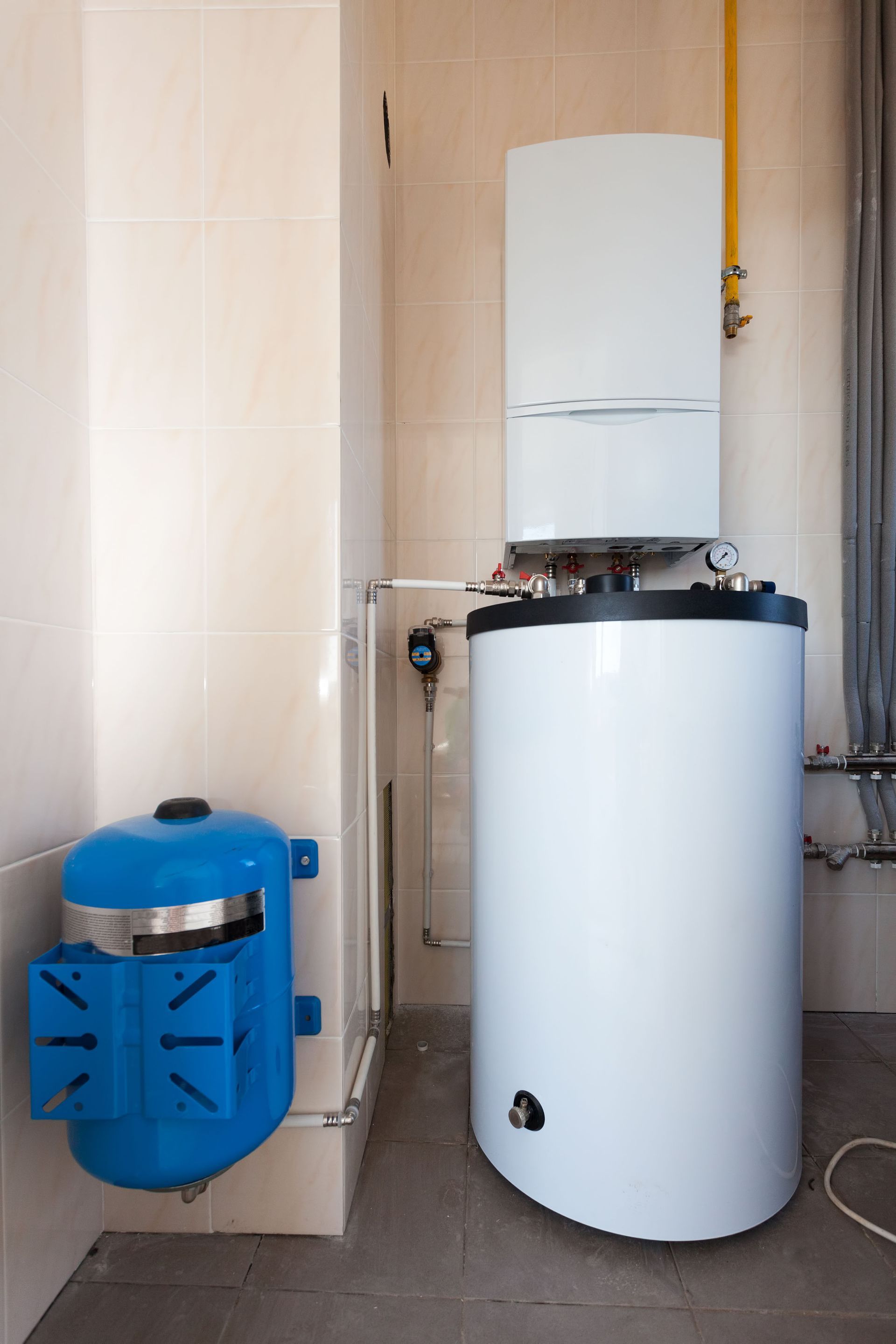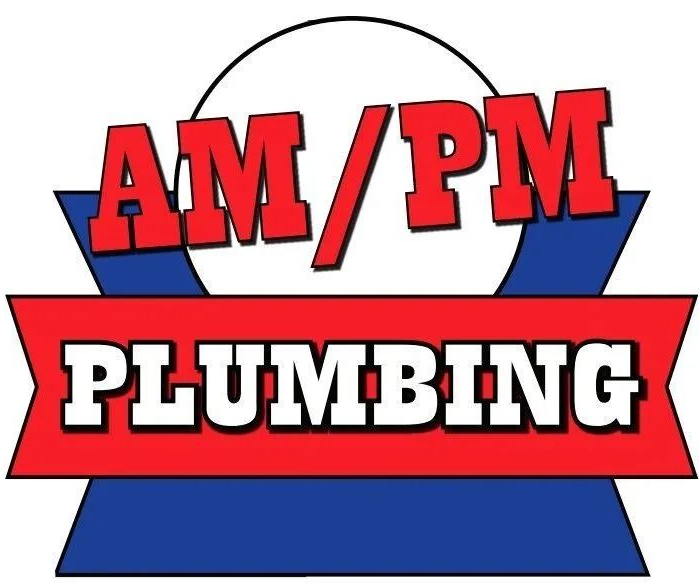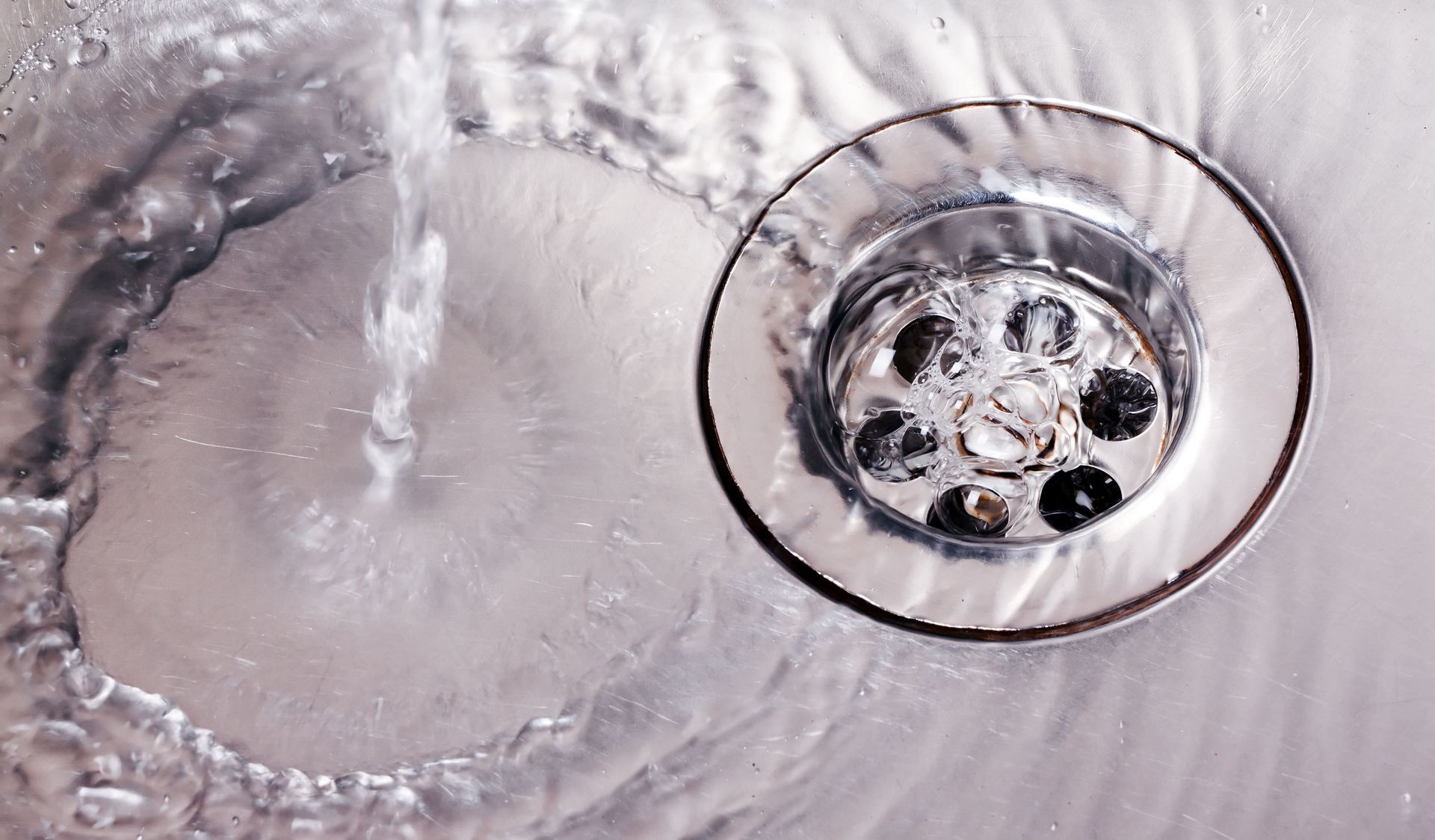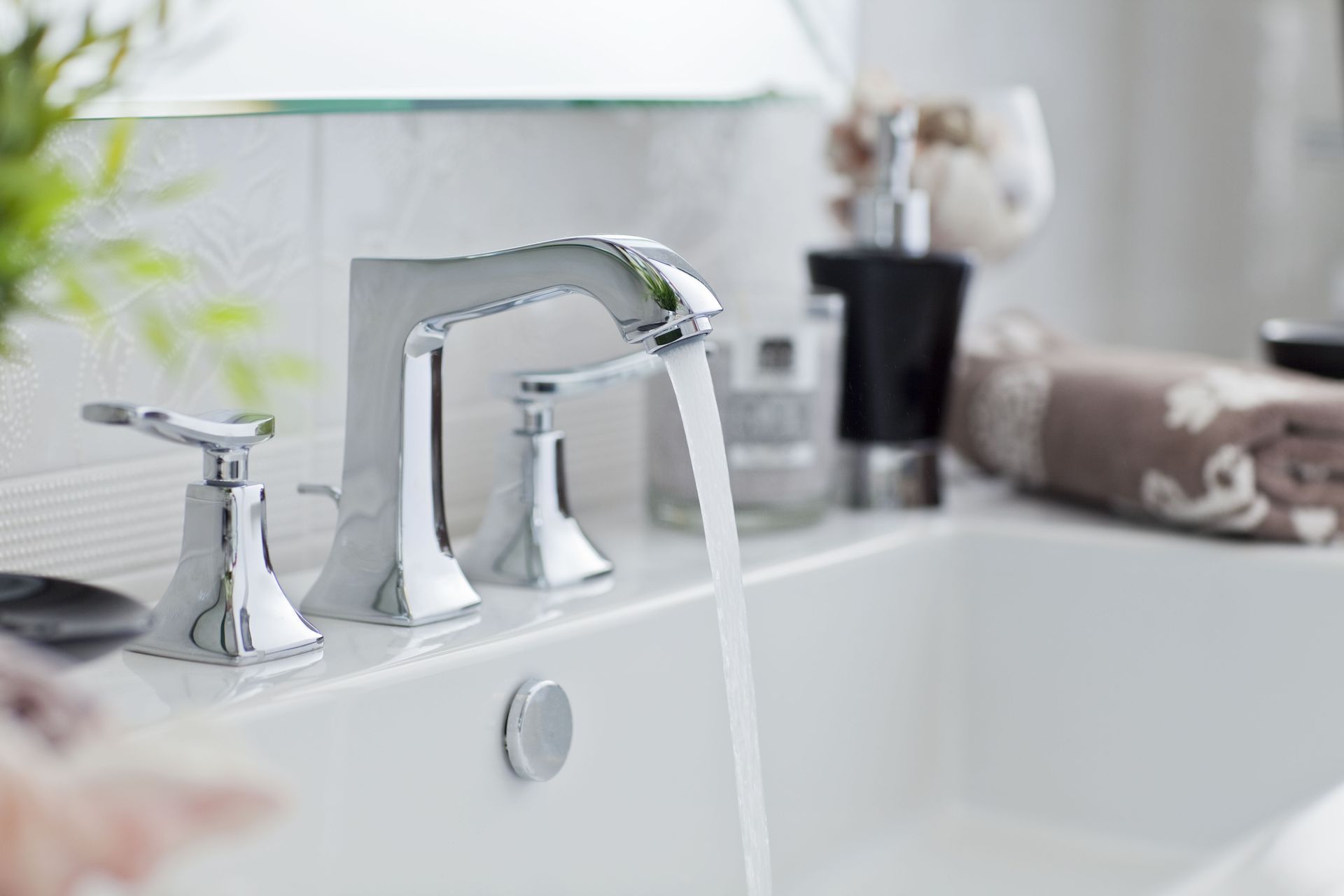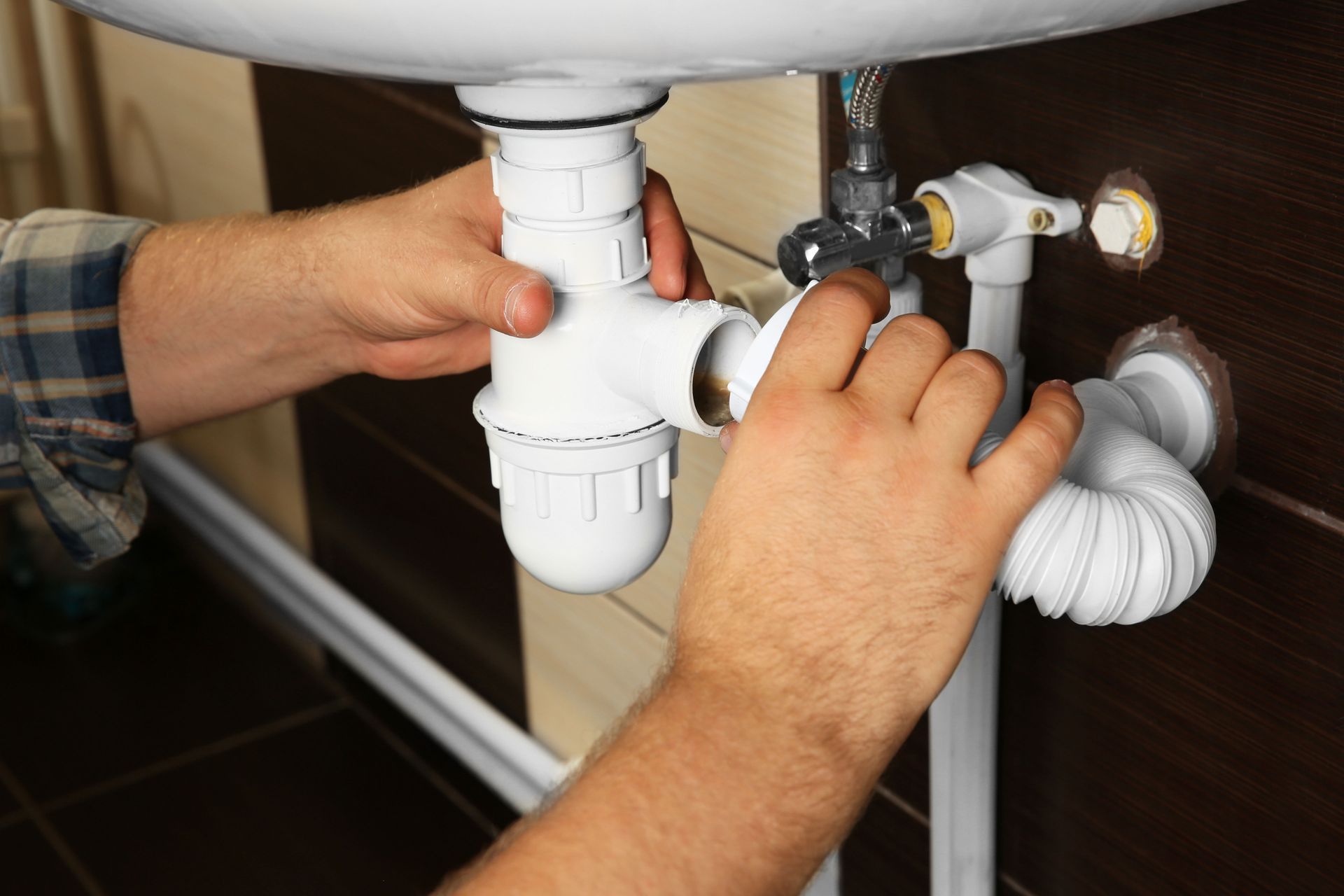May 29, 2025
When selecting a water heater for your home, the choice between a traditional tank heater and a modern tankless model can be crucial. Each type of heater offers distinct benefits and potential drawbacks, making it essential to understand their unique characteristics. In today's world, where energy efficiency and sustainability are increasingly important, interpreting these differences can significantly impact your utility bills and environmental footprint. Let's dive into the pros and cons of each type to help you make an informed decision.
Understanding Traditional Tank Water Heaters
Traditional tank water heaters have been a staple in homes for many decades, offering a reliable hot water supply. These heaters usually hold multiple gallons of water and continually heat it to maintain a set temperature. Although traditional tanks are generally less expensive upfront, their continuous heating process may lead to higher energy bills over time. According to The Spruce, a water heater typically lasts eight to 12 years with regular care, showing how proper maintenance is necessary to ensure longevity.
Exploring the Benefits of Tankless Water Heaters
On the other hand, tankless water heaters, also known as on-demand heaters, provide hot water only when you need it. This type of heater is more energy-efficient as it eliminates the need to keep a large tank of water continuously hot. Consequently, although the initial investment for a tankless system is usually higher, the energy savings over time can be substantial. They also tend to last longer than traditional models, sometimes reaching 20 years or more with proper maintenance in our experience, increasing cost-effectiveness in the long run.
Matching Water Heater Types to Household Needs
Beyond efficiency and longevity, another significant factor to consider is your household's demand for hot water. A traditional tank might better suit your needs if your household requires a large volume of hot water simultaneously. However, if hot water demand is staggered or lower, a tankless heater can effectively meet your requirements without running out of hot water. Moreover, tankless systems consume less space, making them ideal for homes with limited utility space.
In conclusion, traditional and modern tankless water heaters have advantages and potential drawbacks. Your decision should depend on initial budget, energy efficiency priorities, space constraints, and hot water demand. By carefully evaluating your household needs and considering each option's long-term savings, you can select the water heater that best aligns with your lifestyle and financial goals. Contact AM PM Plumbing for expert water heater services today!
